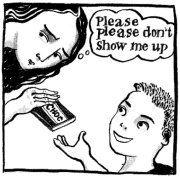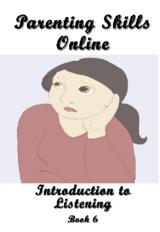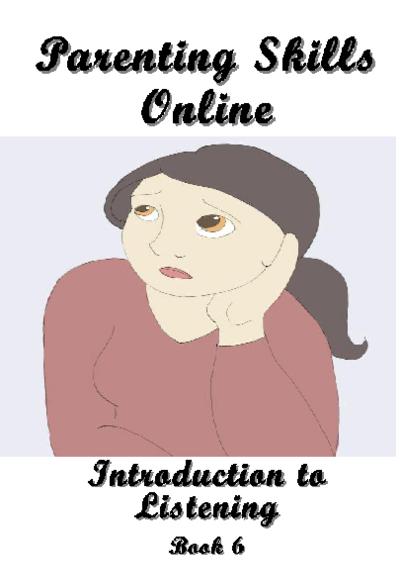 Supernanny Corner
Supernanny Corner
Welcome to the Parenting Skills Online ‘Supernanny Corner’, where we answer your queries regarding parenting issues. Before you can ask Supernanny a question you will need to register. Then you can post your question, which will be published on the website once it has been reviewed for editorial content and suitability.
Please note that Parenting Skills Online reserves the right to withhold or edit questions on the basis of suitability for the website. However, every email will receive a reply, whether the question is posted or not.
Already registered? Ask Supernanny a question now.
 Post Partum Depression: A guide
Post Partum Depression: A guide
Laura Jones from London used to work in the healthcare sector, undertaking various roles with mental health teams. After the birth of her first child she took a sabbatical due to suffering from Post Natal Depression, and after she recovered decided to devote some of her time to reading, researching and writing on the topic.
It’s estimated that as many as 15% of all women who give birth may well suffer from some form of post-natal depression. Of course, this is a very conservative estimate as there could be many more women who simply do not come forward to talk to a healthcare professional about their problems at all. Some studies go as far as to suggest this figure could be closer to 40%1.
As with many conditions that involve mental health, there is an awful lot of stigma, confusion and taboo, which needs to be broken down so that mothers feel they can come forward and talk about their issues properly and have them addressed in a sensitive manner.
Post Partum Depression2 comes in two separate forms, the first of which is known as post partum blues – a short-term mild form of depression which starts after the birth and lasts for a few days or weeks, passing off without any further problems. The second form is port partum major depression which again, may start at the same time, but does not abate and needs more care and intervention to ensure it recedes.
The symptoms are broadly the same as with other forms of depression; there may be feelings of worthlessness, guilt, suicidal thoughts and a complete loss of interest in life, despite the fact that the time surrounding the birth of a baby should be a joyous one.
However, one major factor is the role of hormones in how badly a patient can become affected and how easy it can be to treat it. Treatment of course depends on the willingness of the patient to open up and admit she needs help, which isn’t always an easy thing to do. The patient will need kindness, understanding and empathy from family, friends and loved ones.
Encouraging a PPD sufferer to talk about their feelings is a really good way to help them deal with their condition, as is allowing them an outlet to deal with what is on their mind. Medication and other talking therapies can be very useful and go a long way to helping someone cope.
2 http://www.psychguides.com/guides/living-with-postpartum-depression/
Supernanny says: No one should suffer in silence with any form of depression and help and solutions are out there. Following the birth of a baby, most women’s hormones do return to normal after a few months but there is always the exception to the rule, so do seek help from your doctor if you feel you are not coping. Counselling is another excellent means to helping a mother to cope, and this enables them to talk through any difficulties in total confidence.


